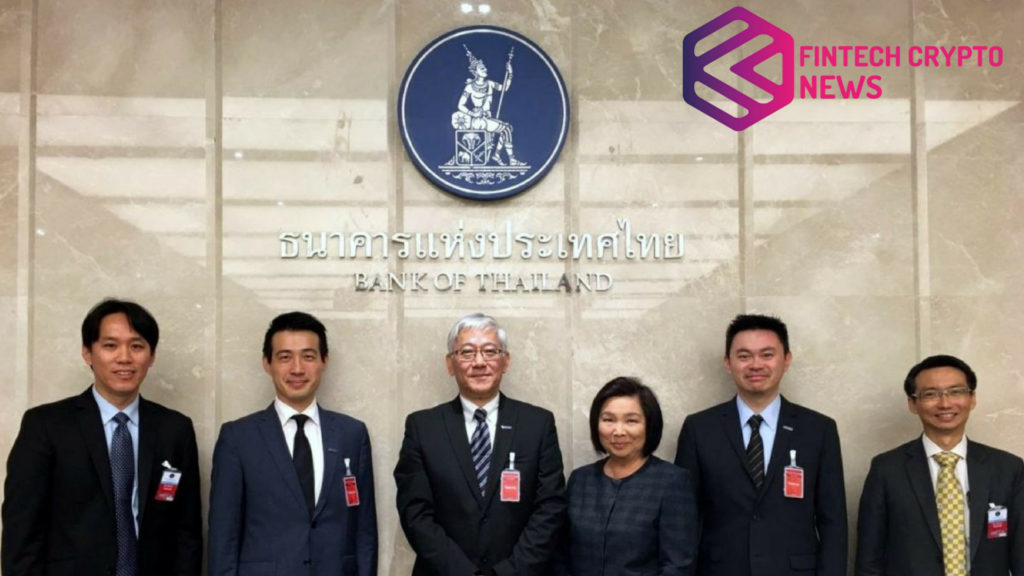The working group of the Japanese stock exchange regulator (FSA - Financial Services Agency of Japan) proposed to prohibit crypto-exchange exchanges trading some of the alt tokens, including Dash and Monero.
At the meeting of the working group of the FSA, it was suggested that the anonymity of the regulator inherent in some tokens can be considered a reason for prohibiting their use in the developing sector of the crypto-currency trade.
“It is necessary to seriously discuss whether it is worth allowing the registered crypto exchange exchanges to use such currencies”, said one of the participants in the meeting.
After the January hacker attack on the Coincheck exchange, which stole tokens with the equivalent of 530 million US dollars, the FSA activated the checks of the crypto-exchange exchanges.
Some exchanges that are not able to meet the requirements of regulators, were forced to close, others were sanctioned because of an ineffective security policy.
Despite the fact that corporations are still lining up, trying to enter the Japanese crypto-market, judging by everything, this time regulators decided to adhere to more conservative views on the digital currency market.
For example, the Coincheck exchange, which, after being hacked, is under strict supervision by the FSA, refused to trade the XMR’s cryptocurrency.
The possibility of self-regulation
There was a time when Japan occupied the first place by the number of large crypto-exchange exchanges, but gradually most of the trading volume went to Malta, and the largest number of registered exchanges are now in the UK.
Nevertheless, market participants, who remained optimistic about the future of Japan as a cryptocurrency harbour, continue to make progress in the sphere of regulation.
Last week, it was announced that a joint effort to create a self-regulating body had finally moved forward - an organization called the Japanese Cryptocurrency Exchange Association (JCEA) was established.




